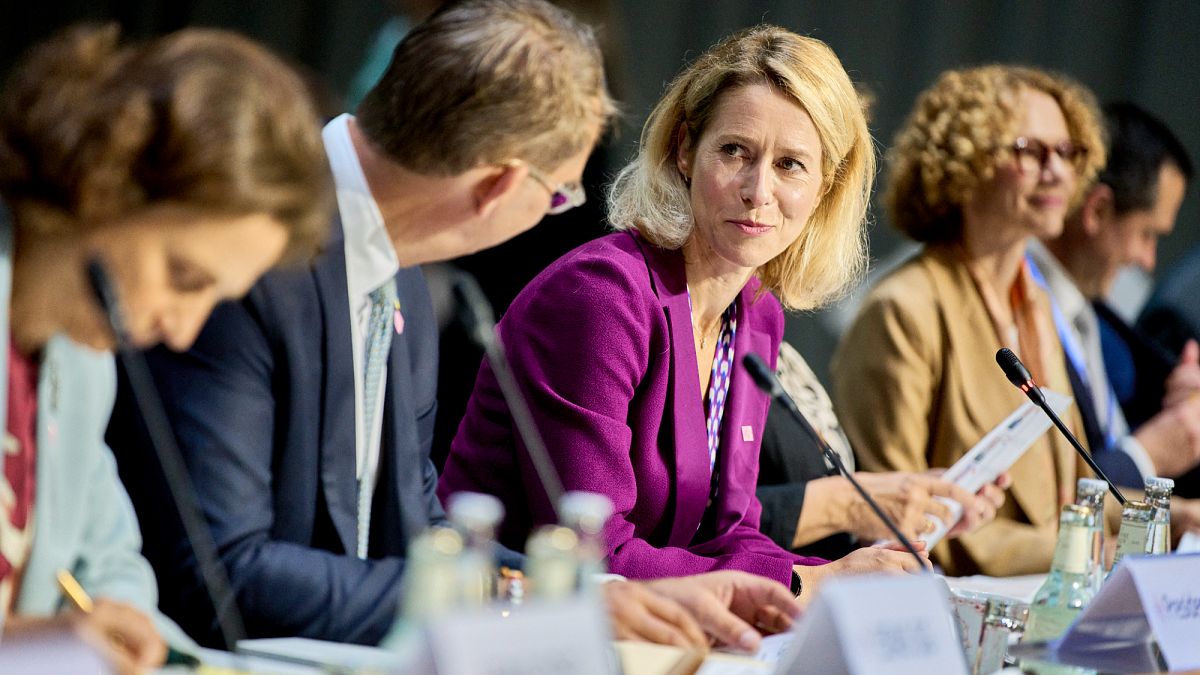One-hour-free parking everywhere and a three-hour limit in the core CBD are among ideas on the table as Rotorua begins a parking overhaul.
Rotorua Lakes Council has begun the process of bringing many of the city’s parking services in-house by July 2026.
This after a decision not to renew its contract with current provider i-Park.
It marks the end of the fully outsourced parking model introduced in mid-2018, which has been a source of frustration for some residents, business owners and community leaders.
The morning’s headlines in 90 seconds, including a homicide arrest after a Hamilton manhunt, concern over a new Covid variant, and Red Bull sacks its Formula 1 team boss. (Source: 1News)
On Wednesday, the council’s Community and District Development Committee adopted a hybrid service delivery model. This followed a public-excluded decision on May 28 not to extend the existing arrangement.
From next year, the council will directly employ parking wardens and take over responsibility for customer service and financial administration.
Meanwhile, infrastructure and technology, such as pay machines and software, will remain outsourced after procurement by tender.
The adopted report highlights the desire for a “simplified” approach to parking.
This could potentially include one-hour-free parking citywide, fewer meters and maximum three-hour parking limits in the core CBD, with longer stays allowed in the off-street parking building and CBD fringe.
The operational details of the new model would be mapped out over the next 12 months, including as part of Annual Plan consultations.
The move brings Rotorua in line with other councils, including six visited as part of a review into best-practice approaches to parking.
Concerns were raised by some councillors around the validity of the comparison of the six sites in question – Auckland, Hamilton, Napier, New Plymouth, Tauranga and Wellington – to Rotorua.
Councillor Gregg Brown wanted to ensure the new parking system served to improve “CBD vibrancy”.
“We don’t want this to be a handbrake to that and there are potentially other models out there that need to be taken on board.”
One such model he alluded to was Taupō’s. Councillor Robert Lee sought and was given assurance Taupō’s system and model would be evaluated as part of any ongoing process.

Councillor Fisher Wang acknowledged that this decision was a matter of process but insisted on the importance of taking this step now.
“From my perspective it’s to make sure we do things right now so that later on, when it comes to any following decisions, we have a smooth process of transfer,” said Wang.
“Clearly, we see that the current system has its issues, and we want to make sure we do a good job in finding the best system that works for our unique requirements.”
Rotorua’s current parking system has been managed entirely by private provider i-Park for the past seven years. The technology-driven approach, including app-based payments and automated enforcement, has drawn complaints over usability, unfair fines and a lack of transparency.
In early 2020, CBD business leaders met with the council to discuss their concerns, while locals were left frustrated later in the year with the cost of implementing the new model.
As recently as May, issues with the i-Park app delayed charges and led to some drivers being charged a month’s worth of fees at one time.
A spokesperson for i-Park said its partnership with Rotorua Lakes Council had been “broadly positive” but they respected the move and remained open to future involvement.
“When we began, Rotorua had parking infrastructure that no longer reflected modern standards or community expectations. We’re proud to have delivered a significant transformation, introducing up-to-date technology and professional operations in line with the scope and direction provided by [the] council.”
A transition plan is being worked on to ensure continuity of service and to minimise disruption for the public.
“Our contract includes clear provisions for an orderly transition, and we are fully committed to supporting this process. We’ll work closely with [the] council and our priority is a seamless and professional handover that serves the best interests of Rotorua’s residents, businesses, and visitors.”
The council aims to go live with the new system from July 1, 2026. The election in October meant the new council would be responsible for final decisions around contract awards, parking fees and bylaw updates.
Community consultation will take place, while wider public engagement will occur through the 2026/27 Annual Plan process, where final fees and layout decisions will be confirmed.
By Matthew Nash, Local Democracy Reporter.
LDR is local body journalism co-funded by RNZ and NZ On Air.











